Journal of Occupational and Environmental Hygiene. Vol. 10, Iss. 10, October 2013
Health Hazards of Automotive Repair Mechanics: Thermal and Lighting Comfort, Particulate Matter and Noise
Riassunto
An indoor environmental quality survey was conducted in a small private automotive repair shop during May 2009 (hot season) and February 2010 (cold season). It was established that the detached building, which is naturally ventilated and lit, had all the advantages of the temperate local climate. It provided a satisfactory microclimatic working environment, concerning the thermal and the lighting comfort, without excessive energy consumption for air-conditioning or lighting. Indoor number concentrations of particulate matter (PM) were monitored during both seasons. Their size distributions were strongly affected by the indoor activities and the air exchange rate of the building. During working hours, the average indoor/outdoor (I/O) number concentration ratio was 31 for PM0.3-1 in the hot season and 69 for the cold season. However I/O PM1-10 number concentration ratios were similar, 33 and 32 respectively, between the two seasons. The estimated indoor mass concentration of PM10 for the two seasons was on average 0.68 mg m−3 and 1.19 mg m−3, i.e., 22 and 36 times higher than outdoors, during the hot and the cold seasons, respectively. This is indicative that indoor air pollution may adversely affect mechanics’ health. Noise levels were highly variable and the average LEX, 8 h of 69.3 dB(A) was below the European Union exposure limit value 87db (A). Noise originated from the use of manual hammers, the revving up of engines, and the closing of car doors or hoods. Octave band analysis indicated that the prevailing noise frequencies were in the area of the maximum ear sensitivity.



